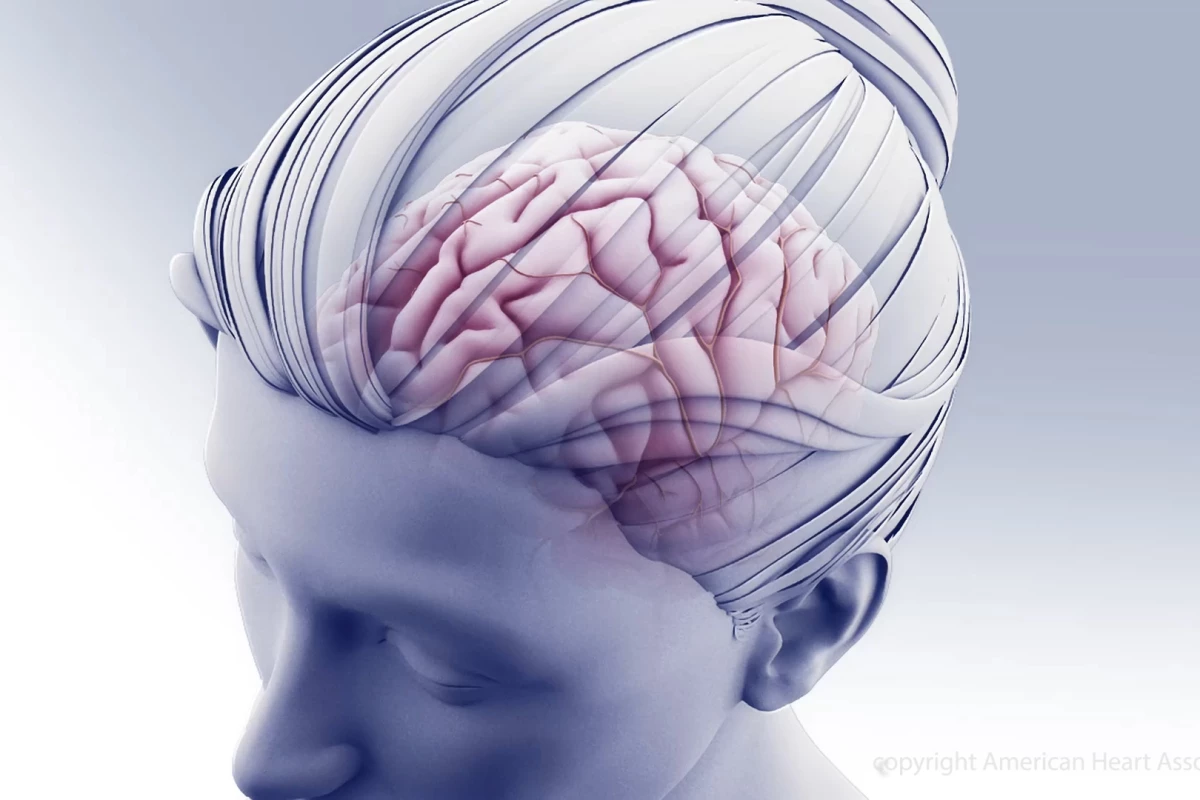New research from Columbia University, presented at the American Heart Association’s Hypertension 2019 Scientific Sessions, is adding weight to a growing body of evidence connecting high blood pressure to the onset of cognitive decline and dementia. The study suggests treating high blood pressure can potentially slow the rate of cognitive decline.
The research, yet to be peer-reviewed and published, examined data from the China Health and Retirement Longitudinal Study, is a large study tracking thousands of subjects beginning in 2011. Data from 11,000 subjects, spanning four years, was examined to assess the correlation between high blood pressure and cognitive decline.
While overall cognition scores generally dropped over the four years, those subjects with untreated high blood pressure were noted as having a more rapid rate of cognitive decline. This was in comparison to those subjects without high blood pressure, or those subjects actively being treated for high blood pressure. In fact, the study noted the rate of cognitive decline was similar for those without high blood pressure and those being treated for high blood pressure, suggesting actively treating high blood pressure can directly mitigate any associated cognitive decline.
Although the study used data from Chinese middle-aged and older adults, the researchers are confident the results are applicable to other populations around the globe. The suggested takeaway is that monitoring and treating high blood pressure in middle age may be an effective strategy in combating cognitive decline in later years.
“We think efforts should be made to expand high blood pressure screenings, especially for at-risk populations, because so many people are not aware that they have high blood pressure that should be treated,” suggests study author Shumin Rui.
Although this new research is observational, there is a growing volume of evidence to affirm the connection between high blood pressure and dementia. Just this year there have been two separate major studies investigating the effects of common blood pressure medications in treating a number of neurodegenerative diseases. Those studies demonstrated beneficial effects on brain health, such as increases in hippocampal blood flow, could be directly linked to the administration of drugs designed to treat hypertension. Another striking recent study found an association between high blood pressure and decreases in brain volume.
Alongside significant volumes of research clearly establishing the broader health benefits in keeping blood pressure low in one’s older years, this new study points to early interventions during a person’s 40s and 50s potentially being be an important preventative strategy against age-related cognitive decline.
The new research was presented at the American Heart Association’s Hypertension 2019 Scientific Sessions.
Source: American Heart Association




